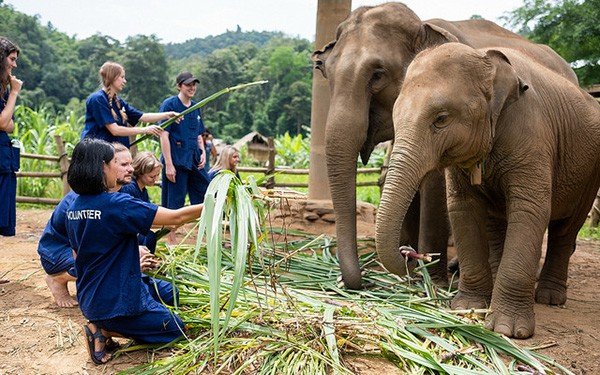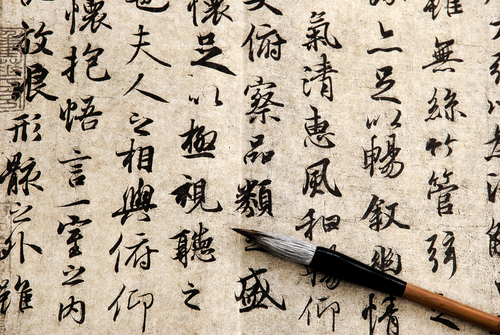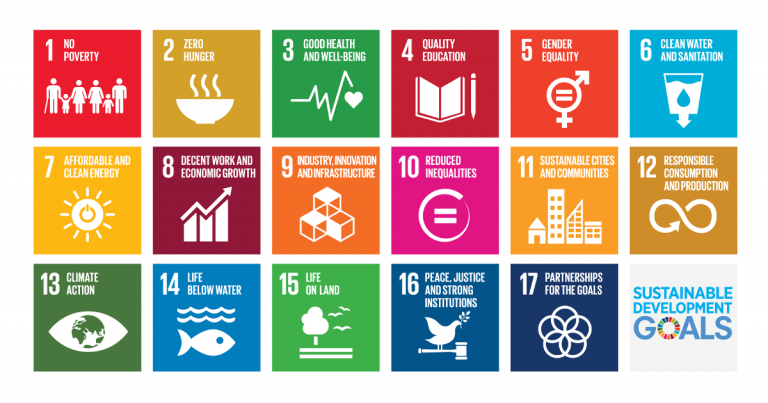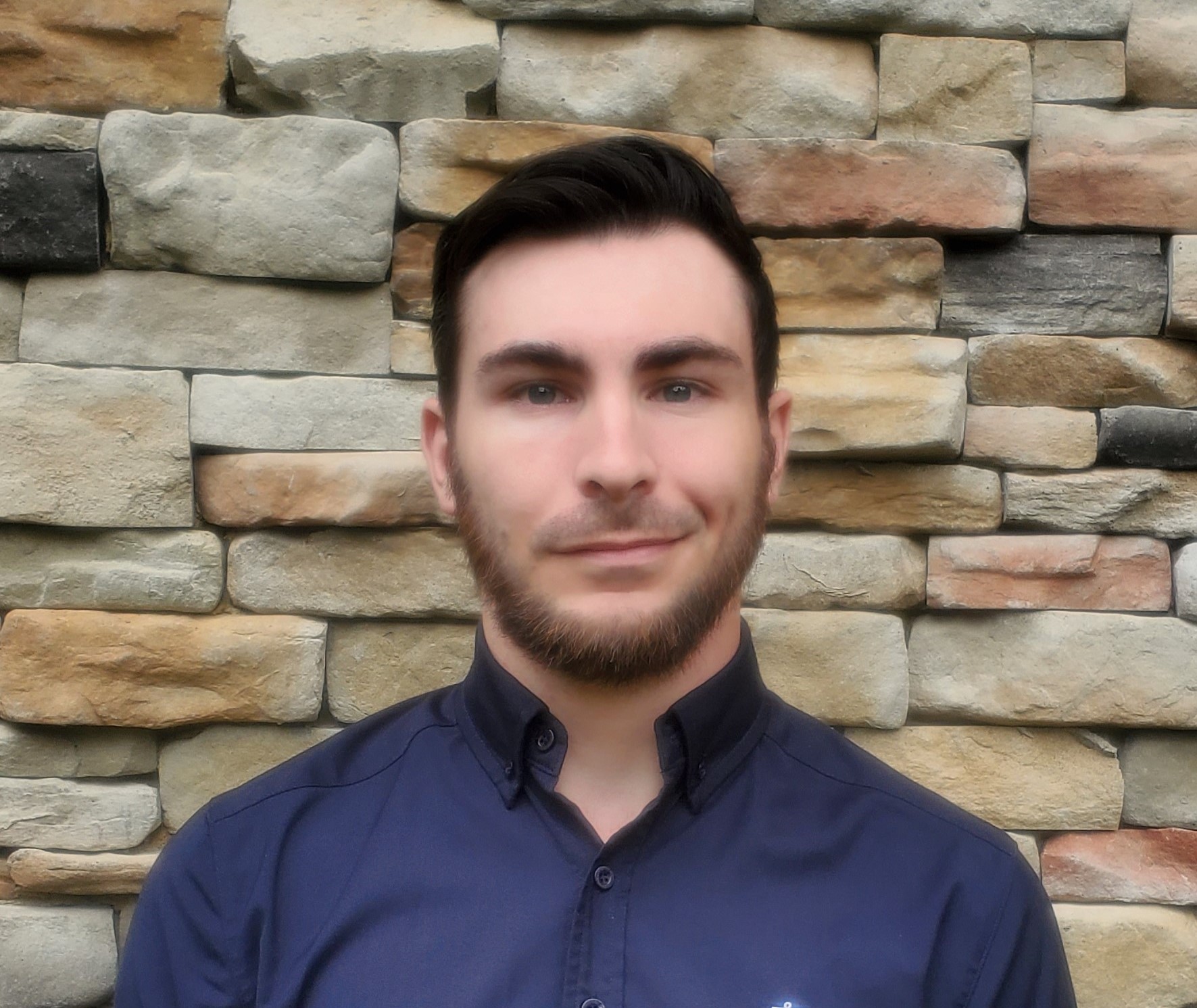 Today we introduce you to Timothy (TJ) Sabau, a junior at the Honors College at Columbus State University majoring in Political Science with a minor in Data Analytics. Before attending college, TJ served in Army Special Operations as a member of the 3rd Ranger Battalion.
Today we introduce you to Timothy (TJ) Sabau, a junior at the Honors College at Columbus State University majoring in Political Science with a minor in Data Analytics. Before attending college, TJ served in Army Special Operations as a member of the 3rd Ranger Battalion.
TJ participated in this summer’s Asia Institute-Global Learning Collective project-based (PBL) internship program in which diverse student teams collaborated virtually on company-assigned projects that address the UN Sustainable Development Goals (SDGs). TJ and his group were assigned to work with the Thailand-based NGO OurLand, a wildlife sanctuary based in the Western Forest Complex on the Thailand-Myanmar border. The group’s primary task was to provide OurLand with research and recommendations to sustainably develop its land into an eco-tourist destination while ensuring human-wildlife coexistence. The below Q&A is edited for clarity and length.
Why did you decide to enroll in the Social Impact Projects Internship Program?
For starters, this internship program offered me the opportunity to work internationally and gain invaluable global experience at a time when travel has been halted to to the ongoing pandemic.Working in a cross-cultural setting and creative problem solving on real-world business and sustainability challenges with other students is an incredibly unique value proposition. Coming into the program, I believed that working on such projects would not only help me grow personally and as a global citizen but also boost my future employability, as I am interested in doing international intelligence work in the future. Beyond the opportunities for personal growth, gave me and my teammates a forum to do something good for the world and contribute to sustainable development goals in Thailand.
What about the OurLand project did you find particularly interesting and can you share a bit about your experience? 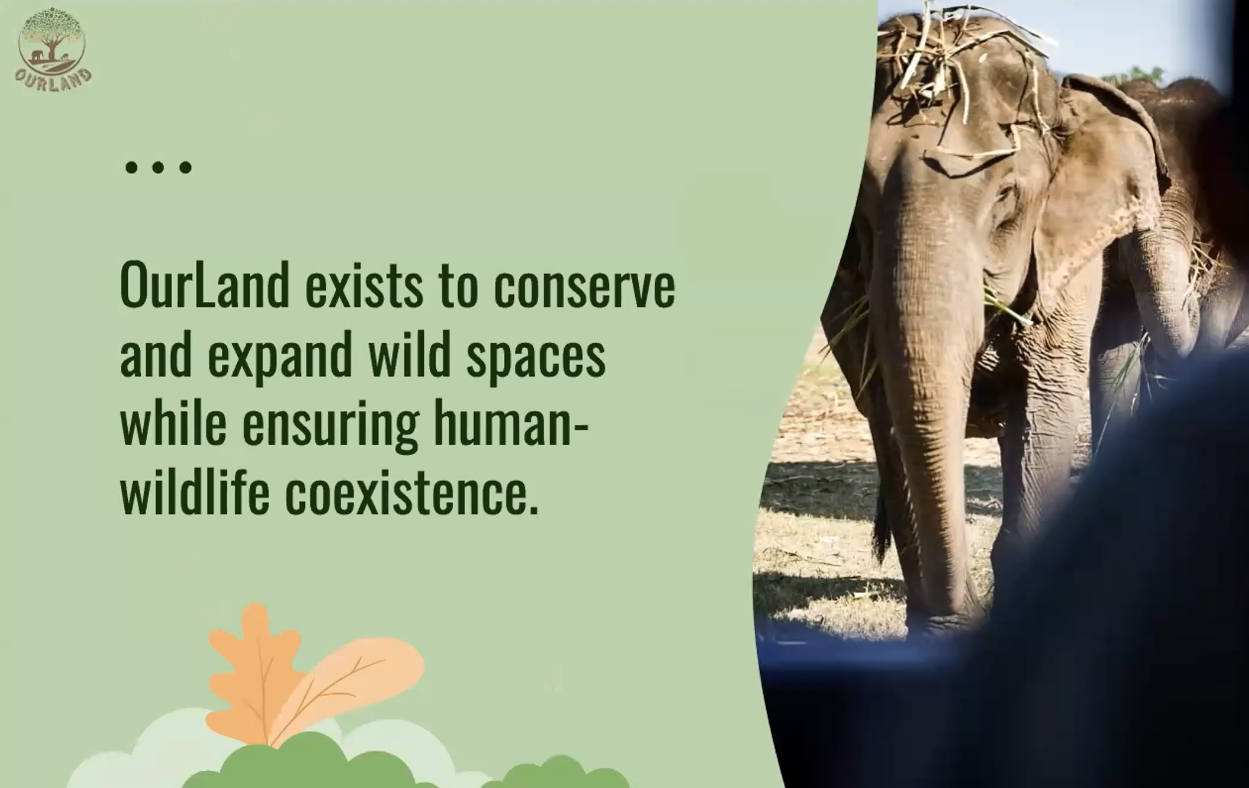
There were a lot of exciting aspects to working with OurLand on this project. Developing an eco-village while also protecting, expanding and studying the local ecosystem is an incredibly admirable mission. We knew going into the project that our contributions would have a real-world impact and so we worked diligently and creatively with the belief that our recommendations could be adopted by OurLand in their conservation efforts. Also, the project structure was unique as our team of eight students were broken into two sub-groups, each tasked with coming up with solutions from a different angle. Team A, was charged with coming up with creative solutions to various different sustainability aspects of OurLand’s mission and Team B was assigned with tackling the business side of the goals. The project offered us a real challenge and the tangible feedback from our “client”, OurLand. I can’t think of a more meaningful way to apply oneself than contribute to the health and well being of the planet.
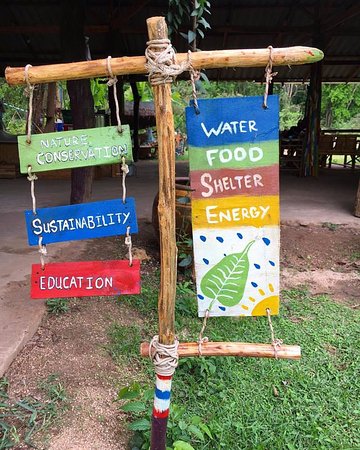
Can you share a bit more about how your understanding of the UN Sustainable Development Goals (SGS) helped you to provide compelling research and recommendations to OurLand?
We learned that the Sustainable Development Goals (SDGs) are all interconnected and have a catalytic effect on each other. For instance, OurLand’s work on Responsible Consumption and Production (Goal #12) impacts Climate Action (Goal #13) and Clean Energy (#7) as well. The UN SDGs are complex and ambitious goals and our understand of them at the onset of the project helped to to devise different strategies that will contribute to the implementation of some of these goals.
What about the virtual aspect of the program to you find appealing?
Even if I could have studied abroad, I think I still would have selected to do this internship. I think it’s important to note that traveling abroad isn’t an option for every student. As a non-traditional student (I was in the military before attending college) with a family, business, and various other responsibilities, I would have found leaving the country for an extended period of time would have been impossible. And, that’s not even getting into the reduced financial costs associated with virtual learning which make international education opportunities such as these possible and more inclusive for more students on campus. In sum, the social impact project has been a truly amazing and immersive experience!


